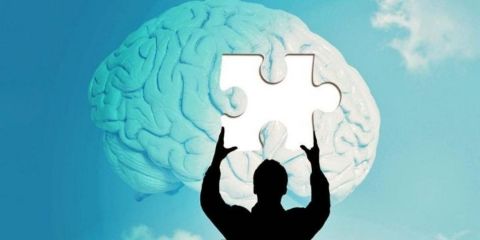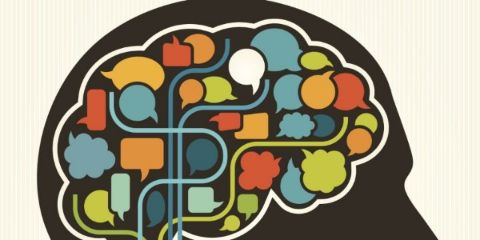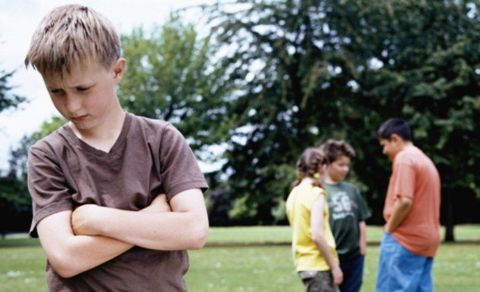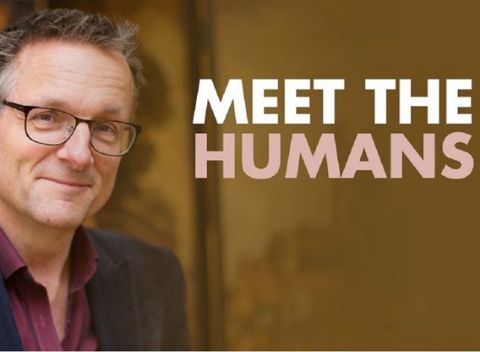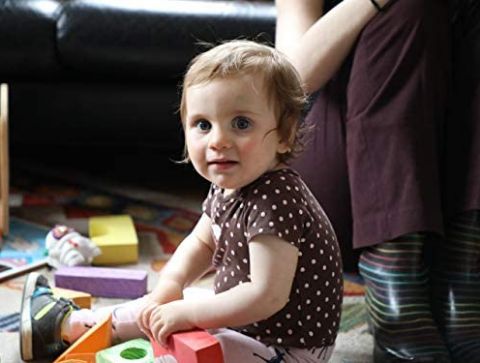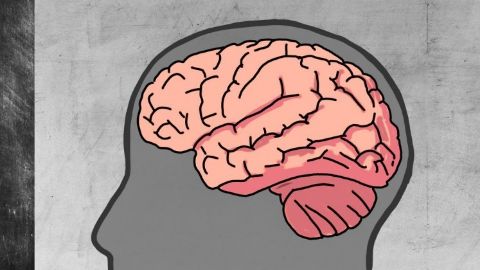The Human Mind • 2007 - 2017 • 3 episodes •
Personality explores what it is that makes us who we are and uncovers the universal battle we face to master our emotions and control our behaviour. Professor Robert Winston explores how our minds shape our personalities throughout our lives, and reveals how personality traits like extroversion and introversion develop.
2007 • Brain
Why is a party one of the most demanding and complex situations the human mind ever has to deal with? This programme investigates the extraordinary way that our minds work to allow us to communicate with other people.Professor Winston discovers how we recognise people, read their faces and bodies to understand what they’re thinking, and then charm them.Find out how to tell whether a smile is genuine, what happens when people 'click' with one another, and how to spot when someone's lying.
2017 • Brain
